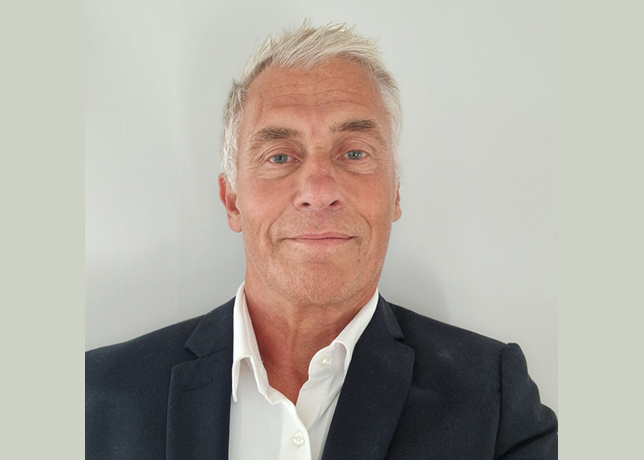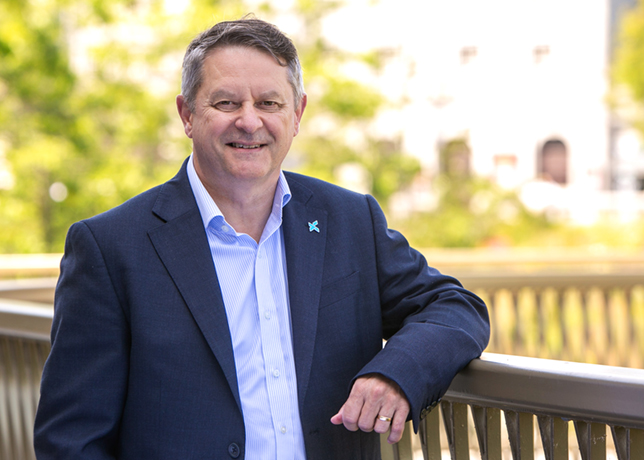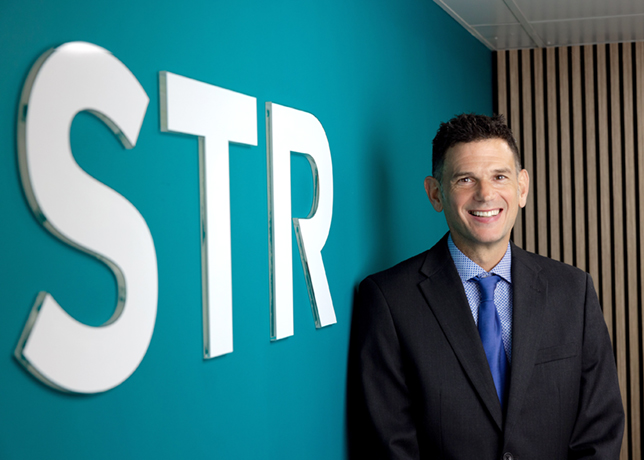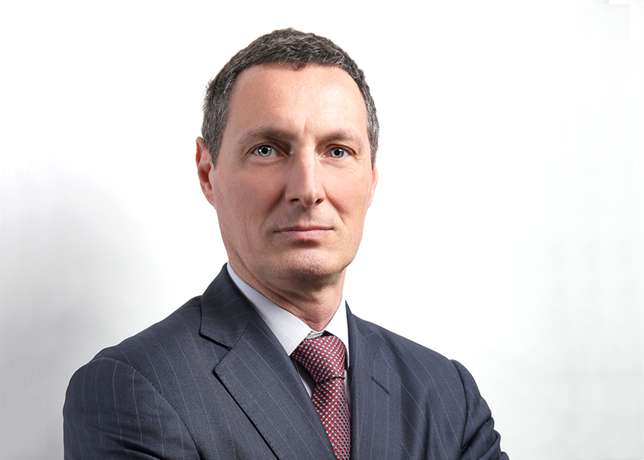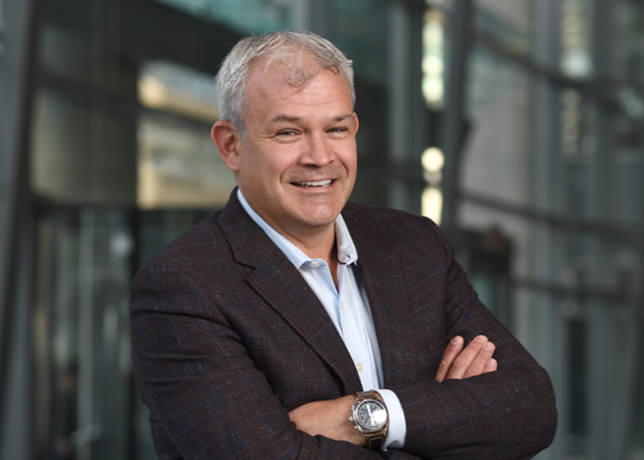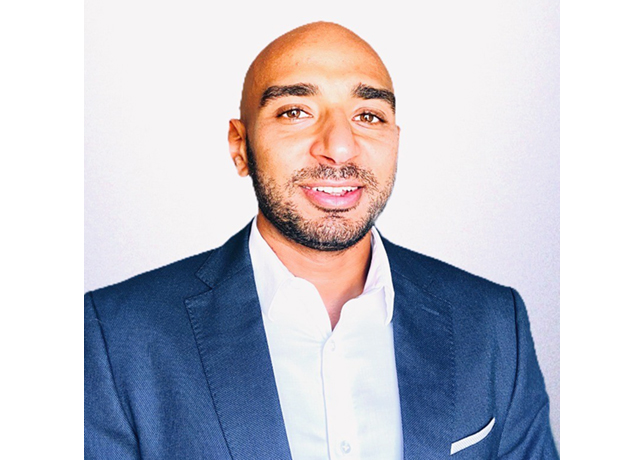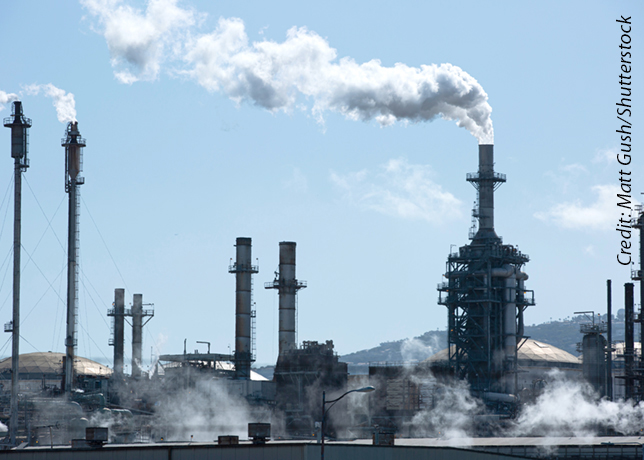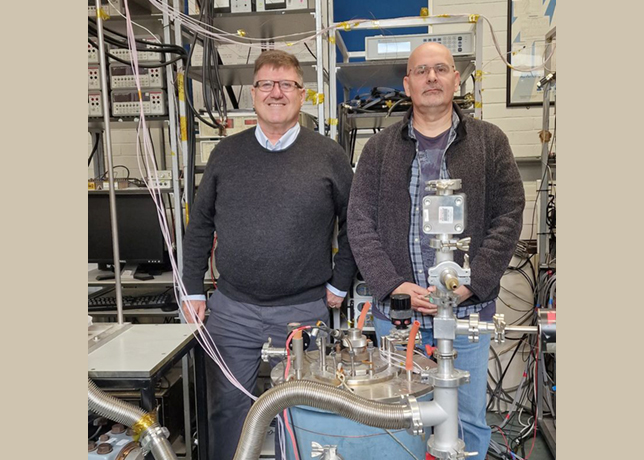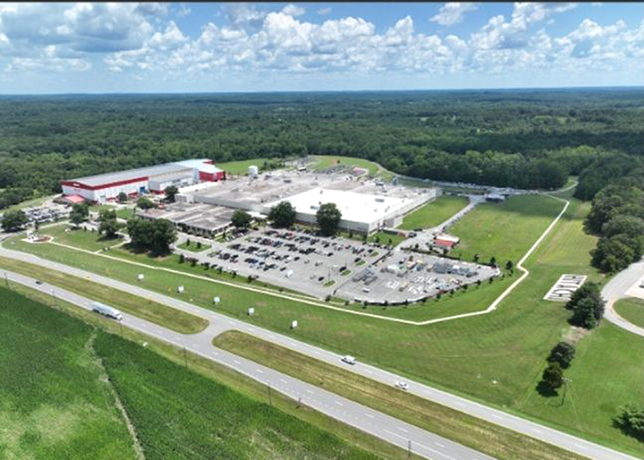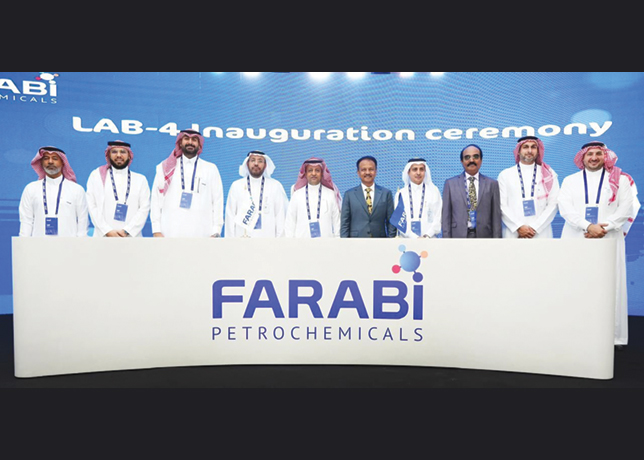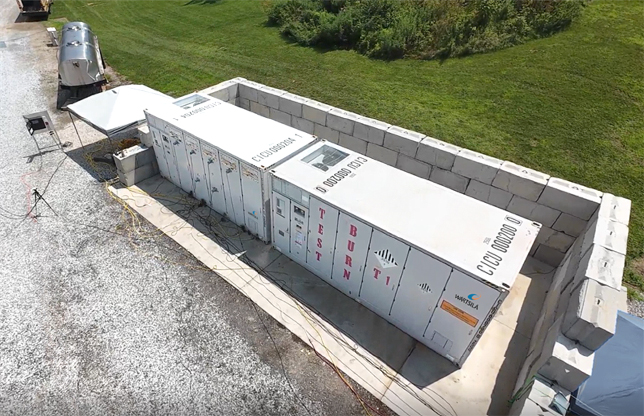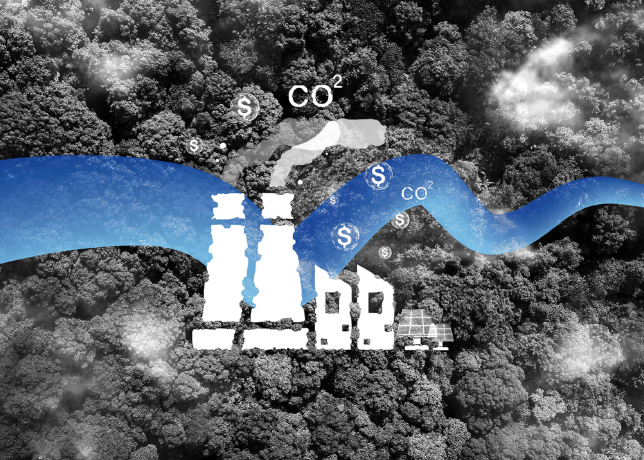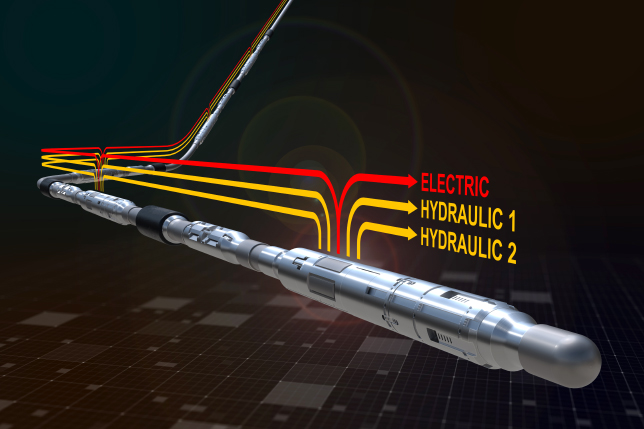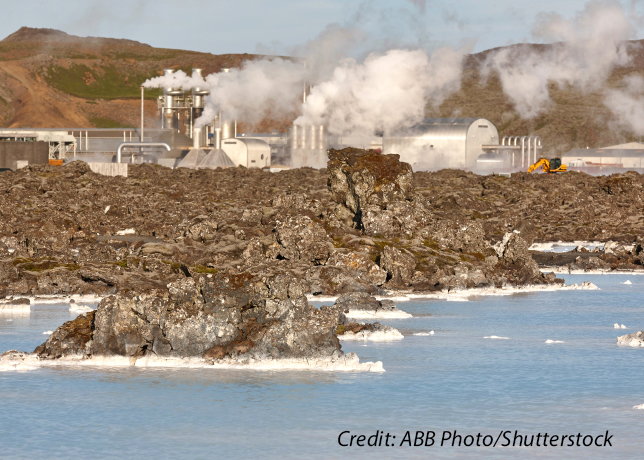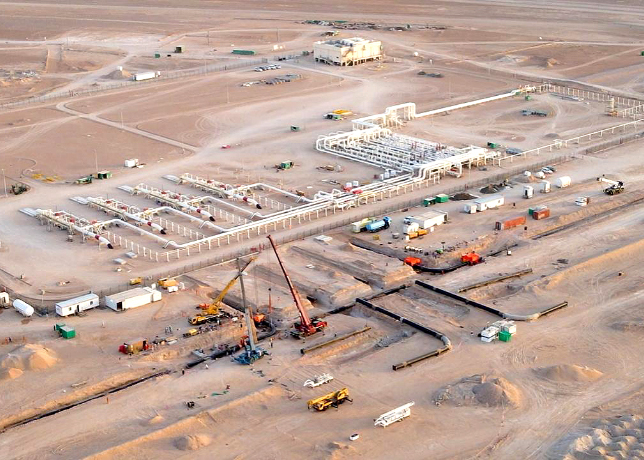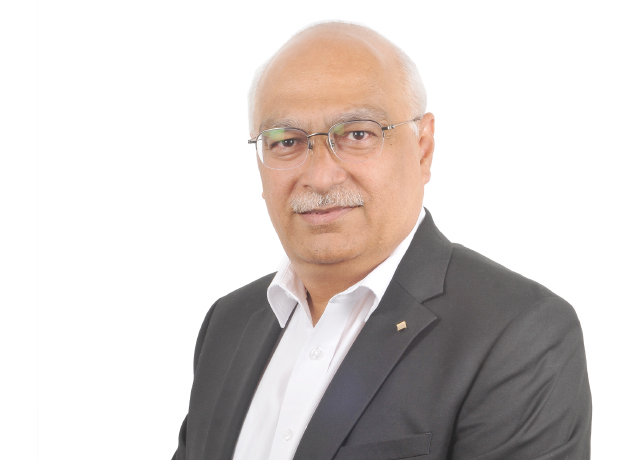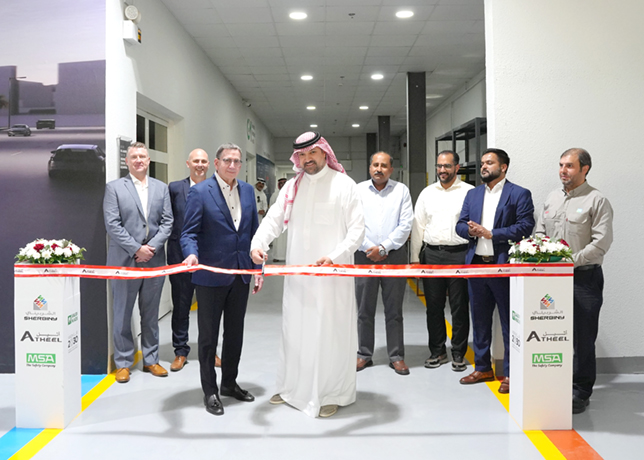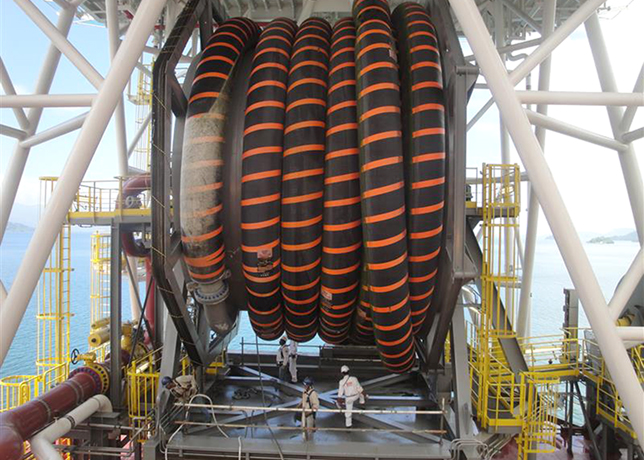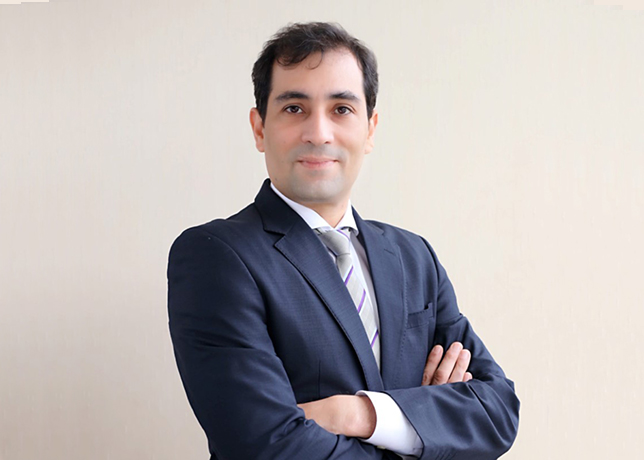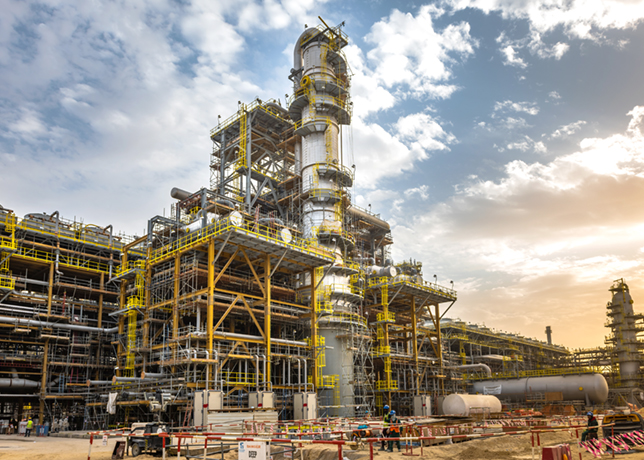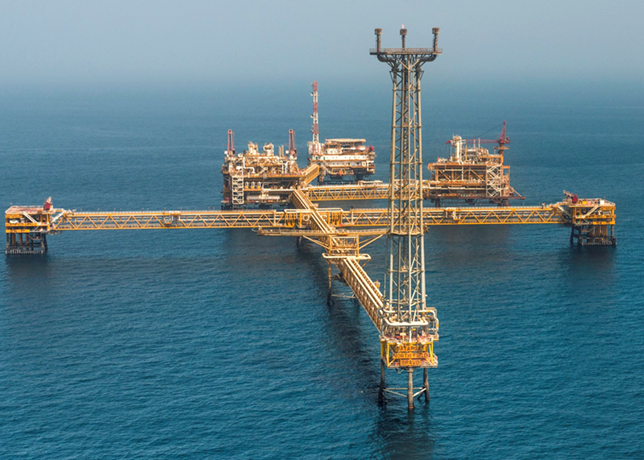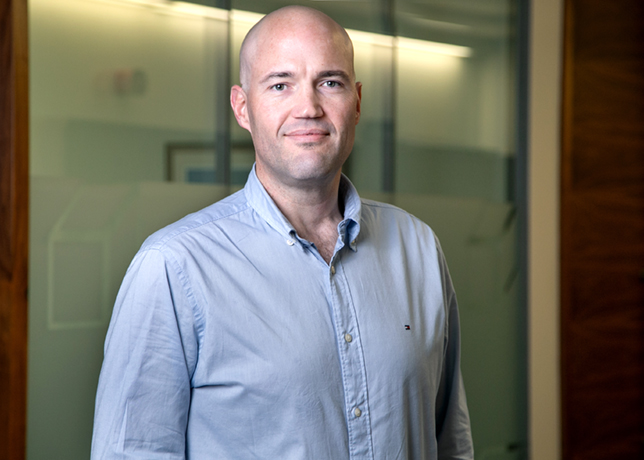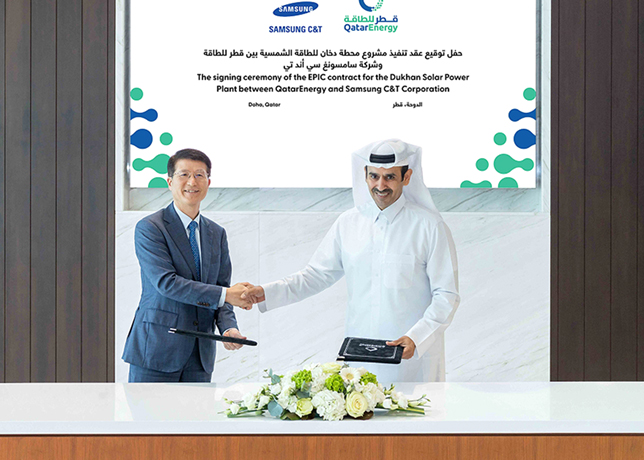
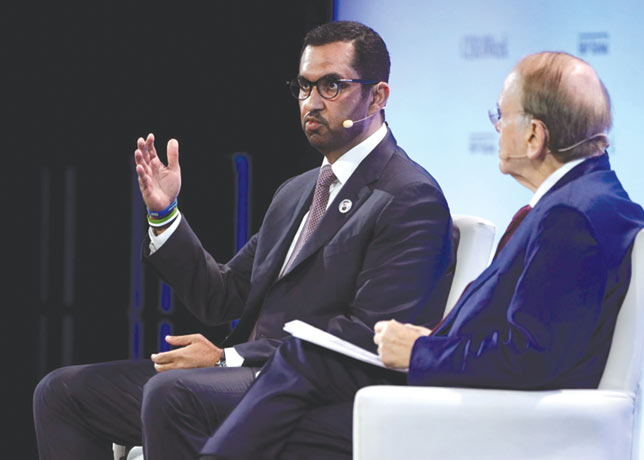 Dr Sultan al Jaber speaking
Dr Sultan al Jaber speaking
• 'Sustainable progress not possible without access to reliable, affordable and secure energy'
Regional industry leaders called for a more pragmatic and balanced approach to addressing rising energy demand and the global energy transition.
Dr Sultan Al Jaber, UAE Minister of Industry and Advanced Technology, Managing Director and Group CEO of ADNOC, and Executive Chairman of XRG, emphasised the need for "positive energy" and practical strategies to drive economic growth, artificial intelligence (AI) expansion, and sustainable energy solutions.
Meanwhile, Amin Nasser, President and CEO of Saudi Aramco, issued a stark critique of the current energy transition plan, warning that decades of investment had yielded minimal results.
Addressing a global audience of senior energy leaders at CERAWeek 2025 in Houston, Dr Al Jaber called for policies that are "pro-growth, pro-investment, pro-energy, and pro-people".
He reinforced the idea that energy remains the "beating heart of economies" and that a pragmatic approach was required to meet surging global demand.
Dr Al Jaber highlighted that by 2035, global oil demand is expected to rise from 103 million to, at least, 109 million barrels per day (bpd), while LNG and chemicals will expand by over 40 per cent. Total electricity demand will surge by 70 per cent, reaching 15,000 GW.
To meet this demand, he called for an "and-and" approach, embracing every viable energy source, from oil and gas to nuclear and renewables.
Dr Al Jaber argued that "sustainable progress is simply not possible without access to reliable, affordable and secure energy."
AI’S GROWING ENERGY DEMAND
A key theme in Dr Al Jaber’s speech was the inextricable link between energy and AI. He underscored the rapid energy demands posed by AI technologies, stating that applications such as ChatGPT consume ten times the energy of a simple Google search.
By 2030, data centre power consumption in the US alone is expected to triple, representing over 10 per cent of national electricity use.
"The fact is you cannot scale AI without access to energy. Simply put, the true cost of AI is not just in code, it’s in kilowatts. The race for AI supremacy is essentially an energy play," he said. "Without energy, AI is just potential. With it, AI has the potential to reshape the world," he stated.
NO MEANINGFUL PROGRESS
 |
Amin Nasser |
Nasser took a more critical stance on the energy transition, arguing that the world has spent trillions of dollars on an energy shift that has failed to deliver meaningful progress.
He challenged the notion that conventional energy could be replaced rapidly, citing the continued dominance of hydrocarbons in global supply.
"For over a decade, and along with others from our industry, I have felt a growing responsibility to highlight the inherent flaws in the current energy transition plan," Nasser said.
He noted that despite $10 trillion in transition-related investments over the past two decades, fossil fuels still account for over 80 per cent of US energy, 90 per cent in China, and 70 per cent in Europe.
Nasser also criticised the unrealistic expectations surrounding green technologies. He pointed out that green hydrogen costs between $4 and $12 per kg, which translates to the equivalent of $200 to $600 per barrel of oil. Similarly, long-term energy storage remains prohibitively expensive, with a payback period ranging between 15 and 40 years.
He likened the transition to a misguided treasure hunt, calling it "an energy El Dorado" that was doomed from the start.
To move forward, Nasser proposed a three-pronged framework:
• All energy sources must be part of the solution; renewables should complement conventional energy rather than replace it.
• Investment must be equitably distributed; developing nations must receive a fair share of funding and technology.
• Practical, results-driven strategies must take priority; climate ambitions should align with energy security and affordability.
By Abdulaziz Khattak







